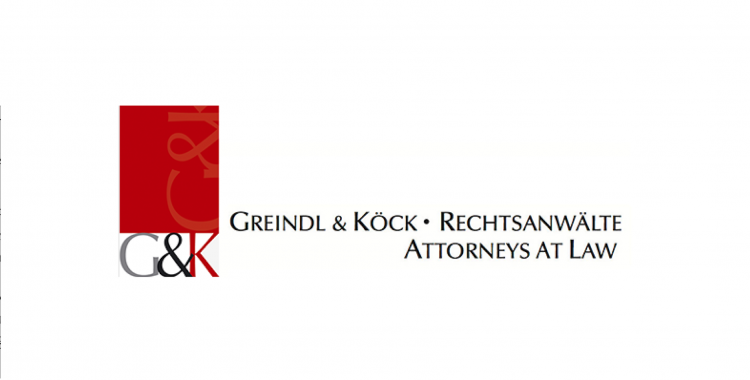Information for employers – 10 questions about coronavirus
Information for employers – 10 questions about coronavirus
1. What official obligations do I have as an employer in the event of coronavirus disease in my company?
If an employee notifies the employer of a coronavirus disease, the employer also has a duty to inform the district administrative authority. At the request of the district administrative authority, all employers who can contribute to the findings are obliged to provide information (§ 5 para. 3 Epidemiengesetz).
2. Is the employer allowed to send the employee home regardless of official orders (quarantine)?
Yes, the employer can decide to send the employee home. In this case, however, the employer must continue to pay the salary. However, the employee must deduct the amount he/she has saved due to the leave of absence for this period.
3. What claims does the employee have against the employer in the event of coronavirus disease?
If an employee suffers from coronavirus, the provisions on continued remuneration in the event of illness apply – as in any other case of illness. In principle, the employee is therefore entitled to continued compensation in the amount of his or her full salary for six weeks and then to a further four weeks of half the salary. The entitlement to continued remuneration increases according to the duration of the employment relationship to up to 12 weeks.
Within the scope of his/her duty of loyalty, the employee is in any case obligated to report any coronavirus disease to the employer without delay.
4. Is the employee entitled to continued remuneration in the event of quarantine due to coronavirus?
The employee is entitled to continued remuneration if he/she is prevented from performing his/her work for a short period through no fault of his/her own for important reasons relating to his/her person. This also includes public duties such as quarantine and the resulting actual hindrance to work performance.
The employer shall continue to pay the remuneration to the employee, and the Federal Government shall reimburse the employer for the remuneration paid.
Within six weeks from the date of lifting the quarantine, the employer may claim back the compensation he has paid as well as the employer’s share of the statutory social insurance from the Federal Government at the district administrative authority in whose area the quarantine was imposed.
5. Can the employee simply stay at home if he or she fears an infection?
In principle, no. The employee may only stay at home if there has been actual infection in his/her immediate working environment.
6. Can the employee stay away from work to look after his/her children, for example if the kindergarten or school is closed due to official measures?
This is to be affirmed if and as long as the care of the child is necessary mainly due to age. The employee is thus entitled to be absent from work due to his/her family obligation and is entitled to continued payment of remuneration for a short period (for the duration of the officially ordered quarantine).
7. In what cases is it possible to send the employee to a home office?
If the employment contract already contains a corresponding agreement on homeoffice work or telework or a transfer clause according to which the employee can be transferred to another location without his/her consent, it is basically possible.
If these prerequisites are not met, home office work must be agreed between the employee and the employer in individual cases.
8. Is the employer obliged to take precautionary measures in his/her company to avoid infection?
In companies, especially those with customer traffic, the employer is obliged to take appropriate and suitable measures to minimise the risk of infection in order to protect the employee from infections.
Such measures may include hygiene measures (hand hygiene) and the provision of disinfectants.
In health care professions, it may be necessary to provide special personal protective equipment (disposable gloves, suitable protective clothing, respiratory mask, eye and face protection).
9. Can the employer ask the employee whether he/she spent his/her holiday in an area with a high risk of infection?
Yes, we assume that the employer must take appropriate precautionary measures to protect the other employees due to his duty of care and may therefore also ask questions.
10. Can an employee refuse a business trip to a risk area?
In terms of employee protection, the employer is obliged to protect the employees from physical dangers. If there is a travel warning for an area to which the employee is to go on a business trip, it must be assumed that the employee can legitimately refuse the business trip. If there is no travel warning or other high risk of infection (provable by emergency or quarantine) at the destination, a refusal is not lawful.
However, it always depends on the individual case. A business trip to a risk area may be unreasonable for particularly endangered persons (pregnant women, chronically ill persons) and may therefore be legally refused.
If you have any further questions about the legal aspects of the current epidemic, please do not hesitate to contact us: office@greindlkoeck.at


 Deutsch
Deutsch